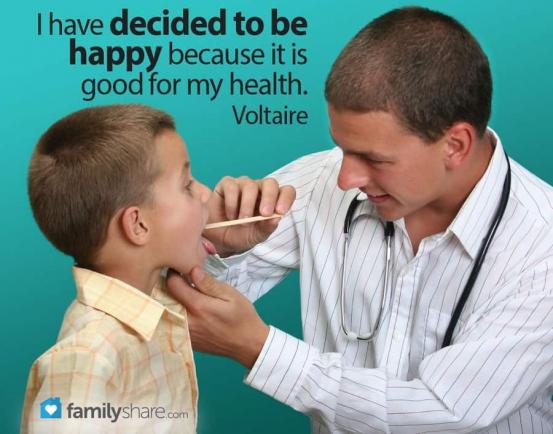
Isn't Whooping Cough a childhood disease? How do I get Whooping Cough? Is there treatment for it? Can I prevent it? All of these are questions surrounding the illness Pertussis, or more commonly known as Whooping Cough. While most common in children and infants, people of all ages can suffer from Pertussis. The most common ages are children under six months of age because they are not completely immunized, and teenagers whose immunizations have worn off.
Pertussis is a highly contagious bacterial infection. If caught early it can be treated with antibiotics to help speed the recovery process. Unfortunately, most cases are not caught until it is too late to treat with antibiotics. It starts out like a common cold. As it progresses, the cough starts. This combination of cough and cold can last for weeks. Over-the-counter cough syrups are of little use and, according to the Mayo Clinic, are not recommended for people with Whooping Cough.
What are the symptoms? Runny nose, congestion, sneezing, red watery eyes, mild fever, dry cough, fits of coughing which can be followed by a high-pitched "whoop"� sound, Apnea, or pauses in breathing, blue skin or coloring indicating a lack of oxygen.
While the infection affects all ages, infants and young children have more severe complications. Statistics from the Center for Disease Control show that 23 percent suffer from pneumonia while only 2 percent of teens and adults get it. Sixty-seven percent of infants and children will have apnea (pauses in breathing) and 1-2 percent will die from Pertussis. Other common complications in adults are weight loss, loss of bladder control, and rib fractures from coughing. These terrible complications, combined with the fact that as of November 2012 the CDC stated that 49 states and Washington DC are reporting an increase in cases compared to last year, make it important to know about, treat, and prevent Whooping Cough.
The best protection is immunization, including follow-up boosters every 10 years. It is important for children and adults because they can pass the infection to children with whom they come in contact. In an age where parents are a partner in the medical care of their children, they must fully understand the vaccines and the reasons for them. The vaccine is usually the DTaP and includes Pertussis, Tetanus, and Diphtheria. Parents with additional questions or concerns can conduct research or talk with their doctor. Some resources available are the Center for
Disease Control, the Mayo Clinic, the National Library of Medicinee, and local health departments.
If you do find yourself, or family members, with Whooping Cough, the Mayo Clinic has some recommendations to help the symptoms.
-
Drink plenty of fluids
-
Rest
-
Eat smaller more frequent meals to prevent vomiting while coughing
-
Use a vaporizer
-
Cover your mouth when coughing and wear a mask to prevent passing the infection
-
Wash hands or use sanitizer frequently

